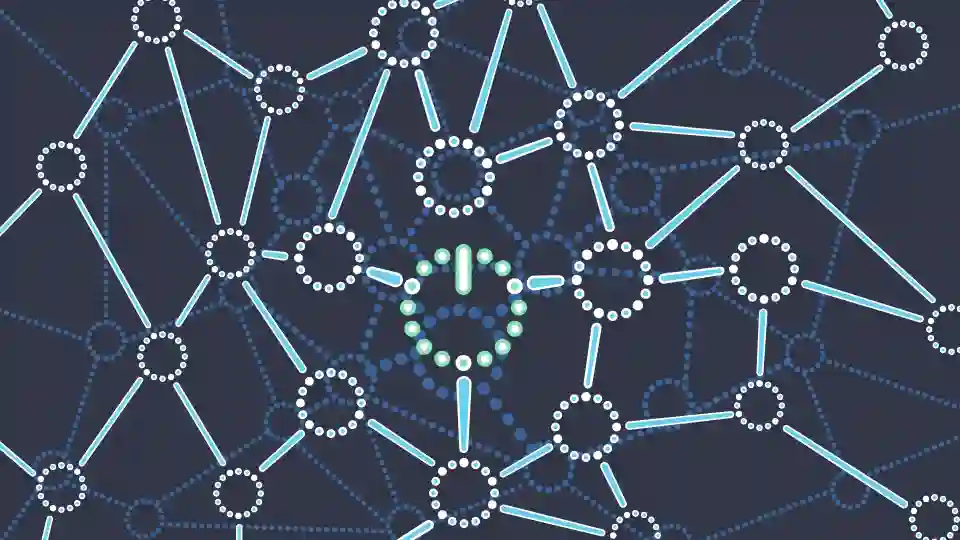A Blockchain is a decentralized network that allows for peer-to-peer transactions. It is an encrypted digital ledger that records multiple transactions. Each transaction is stored in a digital ledger and verified by peer-to-peer computer networks. This technology provides security and speed to online transactions. Whether you are a business owner, an open source developer, or a consumer, you can benefit from the advantages that the Blockchain offers.
The blockchain’s main advantage is that it makes it possible for cryptocurrencies to operate without a central authority. This eliminates many transaction costs and reduces the amount of risk. However, it has its own set of technical challenges. These challenges include scalability and technological standardization.
As a result of the blockchain’s decentralized nature, it makes it impossible for a single node to manipulate or change the information within the ledger. In the event that someone attempted to alter a copy of the ledger, they would be rejected because the other copies would no longer match the altered version.
Another advantage of the blockchain is that it does not require a third party to verify the validity of the transactions. For example, a sale of a property would be recorded on the blockchain. If the parties to a sale agreed to record the sale, all of the information would be recorded on the blockchain.
In addition to eliminating the need for a third party, the blockchain also provides tighter security. Since each transaction is verified independently, no one can double spend money. When a transaction is recorded on the blockchain, it is irreversible.
Blockchain technology is also being used to record state identifications. It is a reliable way to record votes in elections, product inventories, and real-life assets like homes and cars. Even if an illegitimate individual tried to steal a car, it would be virtually impossible to do so since the vehicle would be registered on the blockchain.
In addition, the use of the blockchain is growing rapidly. In fact, there are currently tens of thousands of projects in the world that are implementing the technology for other purposes. While it remains a niche technology, it can help in areas that are resource-scarce.
The World Bank estimates that 1.7 billion adults do not have access to a bank account, and nearly all of them live in developing nations. The blockchain’s decentralized nature provides an opportunity to address this problem. With the technology, transactions can be verified in just 10 minutes.
One of the key elements of the blockchain’s security is the cryptographic hash function. This is a type of digital fingerprint that can be used to identify the original data. By using this, it is possible to confirm that the original version of the ledger is the same as the latest block on the network.
Besides its ability to record and verify transactions, the blockchain has a number of other benefits. For instance, the decentralized management of the network can improve the efficiency of transaction processing. It can also enable the use of smart contracts, which automate the terms of agreement. These smart contracts can ensure that a contract is followed to the letter.





